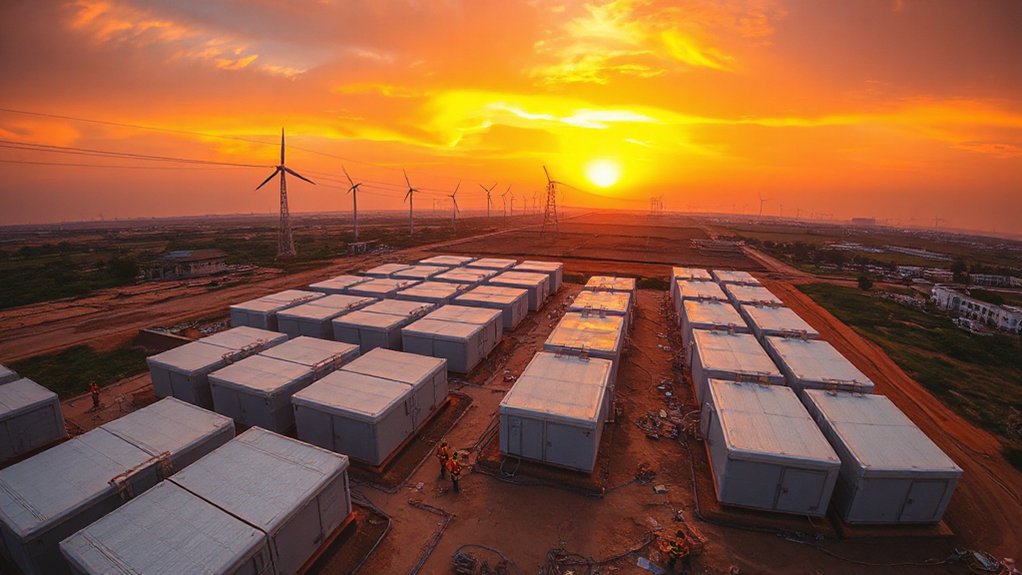Global energy markets stand on a knife-edge. If Western sanctions against Russia collapse, expect chaos. Russian oil would flood traditional markets, potentially crashing prices worldwide. Their shadow fleet of tankers—over 100 vessels strong—could quickly pivot to established shipping routes. European nations, frantically diversifying away from Russian gas, would face tough choices. American producers banking on European demand might get burned. The energy chessboard could flip overnight, leaving players scrambling to adapt.
While Russian oil flows have shifted dramatically since Western sanctions began, Moscow’s energy machine keeps pumping. Funny how that works. Over 500 Russian entities targeted, a price cap implemented, and the EU banning most crude imports – yet Russia found ways to adapt. They’re nothing if not resourceful. When Western doors closed, they simply knocked on different ones.
Moscow’s energy machine persists despite sanctions—when Western markets closed, Russia simply redirected elsewhere with characteristic resourcefulness.
The numbers tell the story. Russia’s exports to Price Cap Coalition countries plummeted 91%. No problem – they just boosted shipments to non-cap countries by 67%. When facing a $32 per barrel discount on Urals crude last March, what did they do? Assembled a “shadow fleet” of tankers and watched prices rebound to $84 by September. Sanctions, schmantions.
Europe, meanwhile, is scrambling. Natural gas imports from Russia have halved since the war started. They’re stockpiling fuel, providing emergency assistance, and practically begging for US LNG. The Europeans are even considering investments in foreign LNG projects – anything to break free from Russian dependence. Must be nice to have options.
The US isn’t missing its chance to flex. The Trump administration wasted no time rolling back Biden’s pause on additional LNG permits. The recent sanctions specifically target over 100 vessels in Russia’s shadow fleet to restrict their oil transport capabilities. American gas producers are ramping up to fill European gaps, strengthening transatlantic energy ties in the process. Energy dominance is the name of the game.
Let’s not forget the global energy landscape is changing anyway. Solar capacity is breaking records. Renewables accounted for 38% of global energy supply growth. Corporate procurement of clean energy hit 28 GW last year. Energy productivity in the US jumped 29% over a decade. India’s increased bargaining power contributed an additional $17/bbl discount to Russian oil prices beyond transportation costs. The declining fossil fuels trend continues as 178 countries invested $366 billion in renewable energy in 2021.
The big question: what happens if sanctions crumble? Russia would flood back into traditional markets, prices would dive, and carefully cultivated energy relationships would fracture overnight. Global markets are holding their breath. Because in the energy game, nothing stays stable for long.









